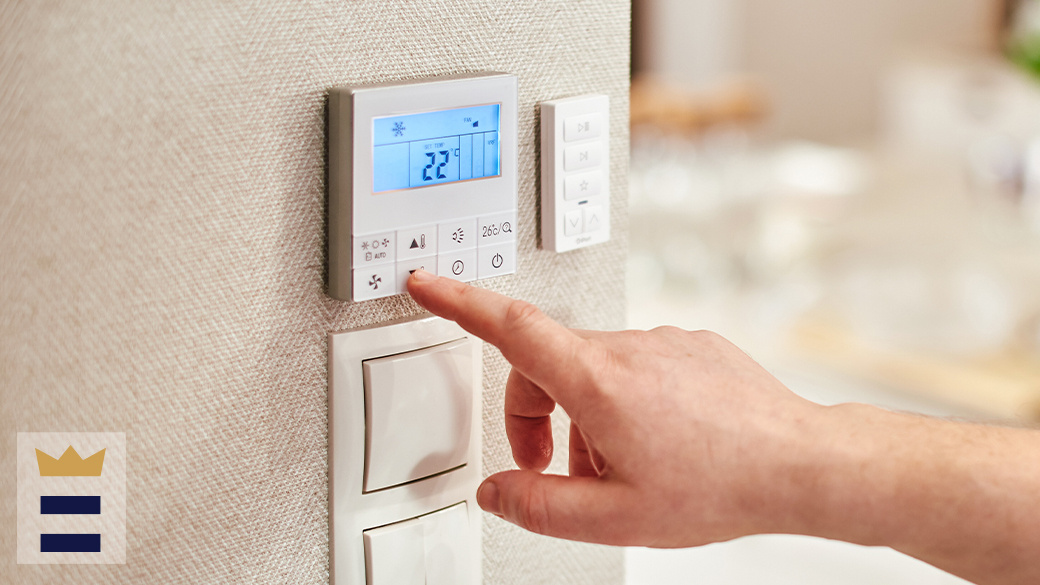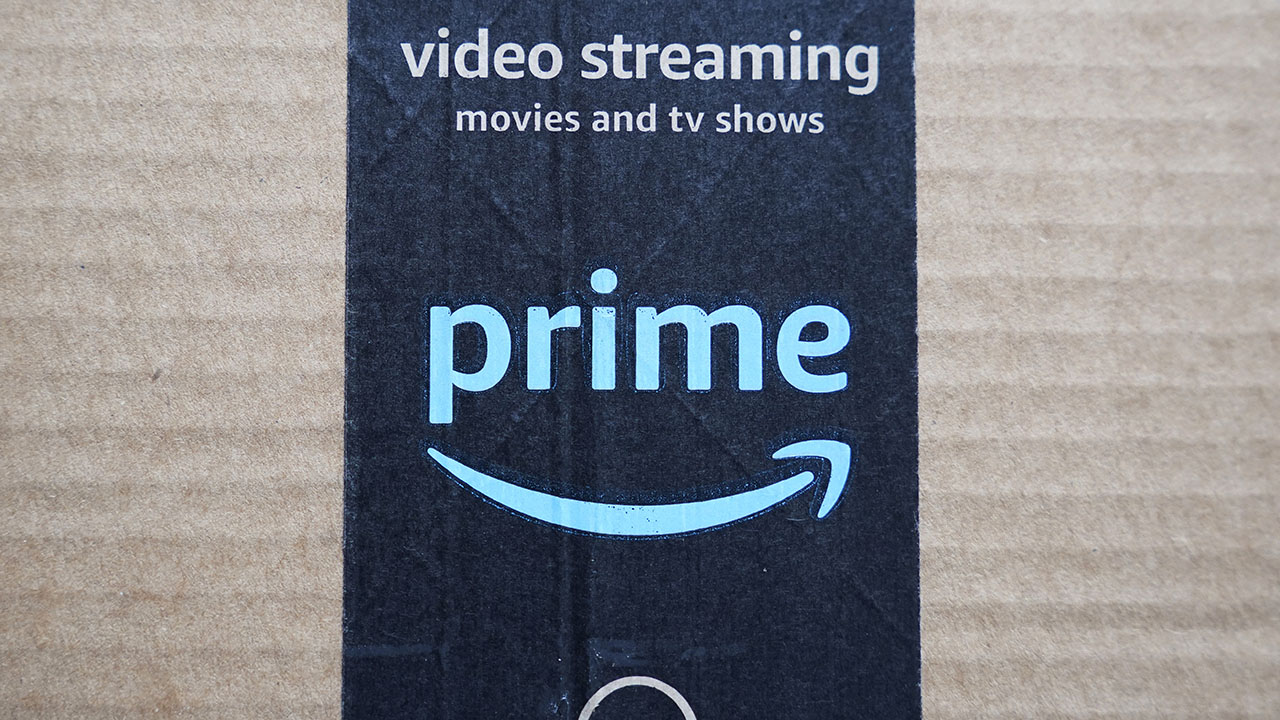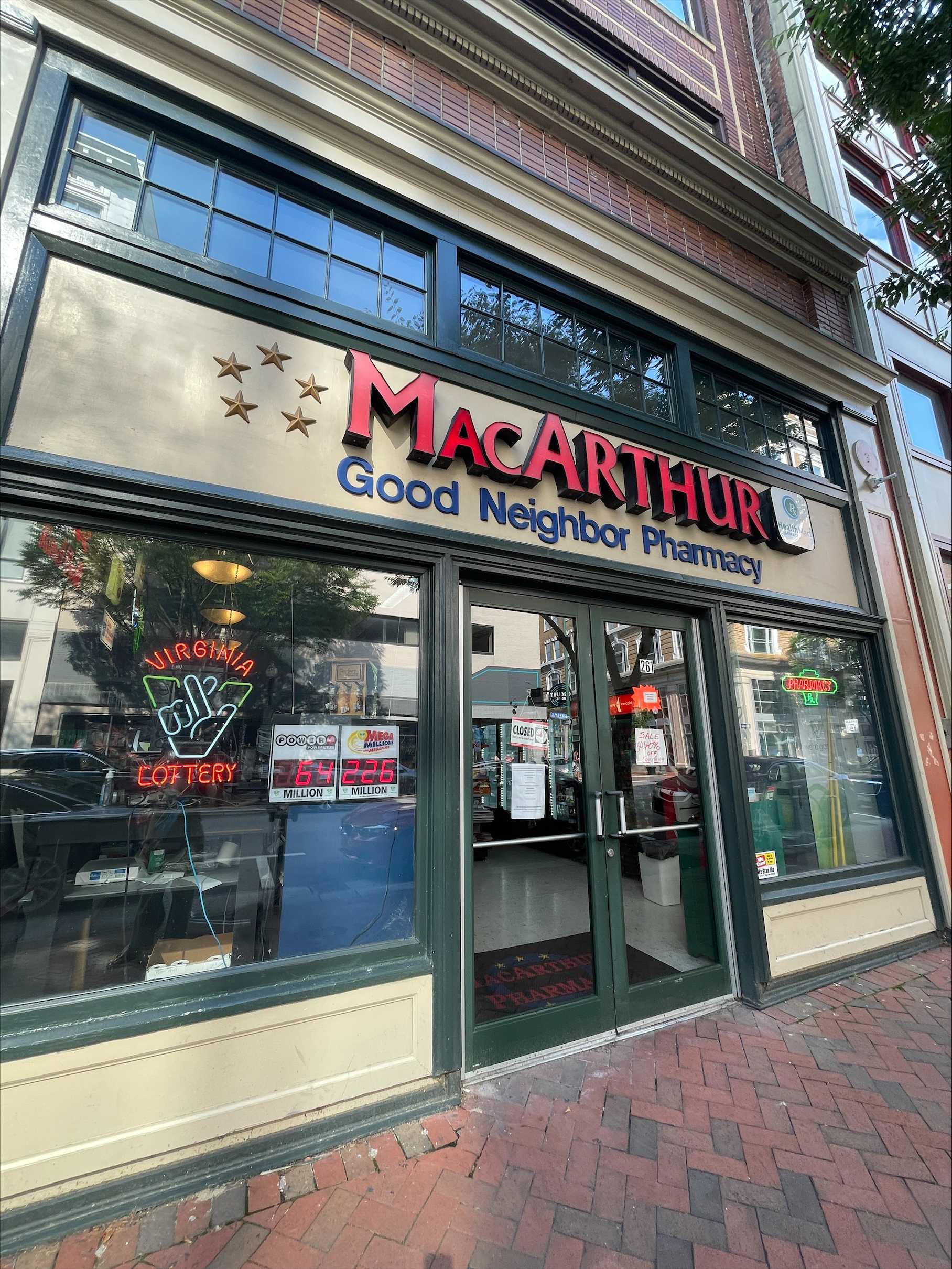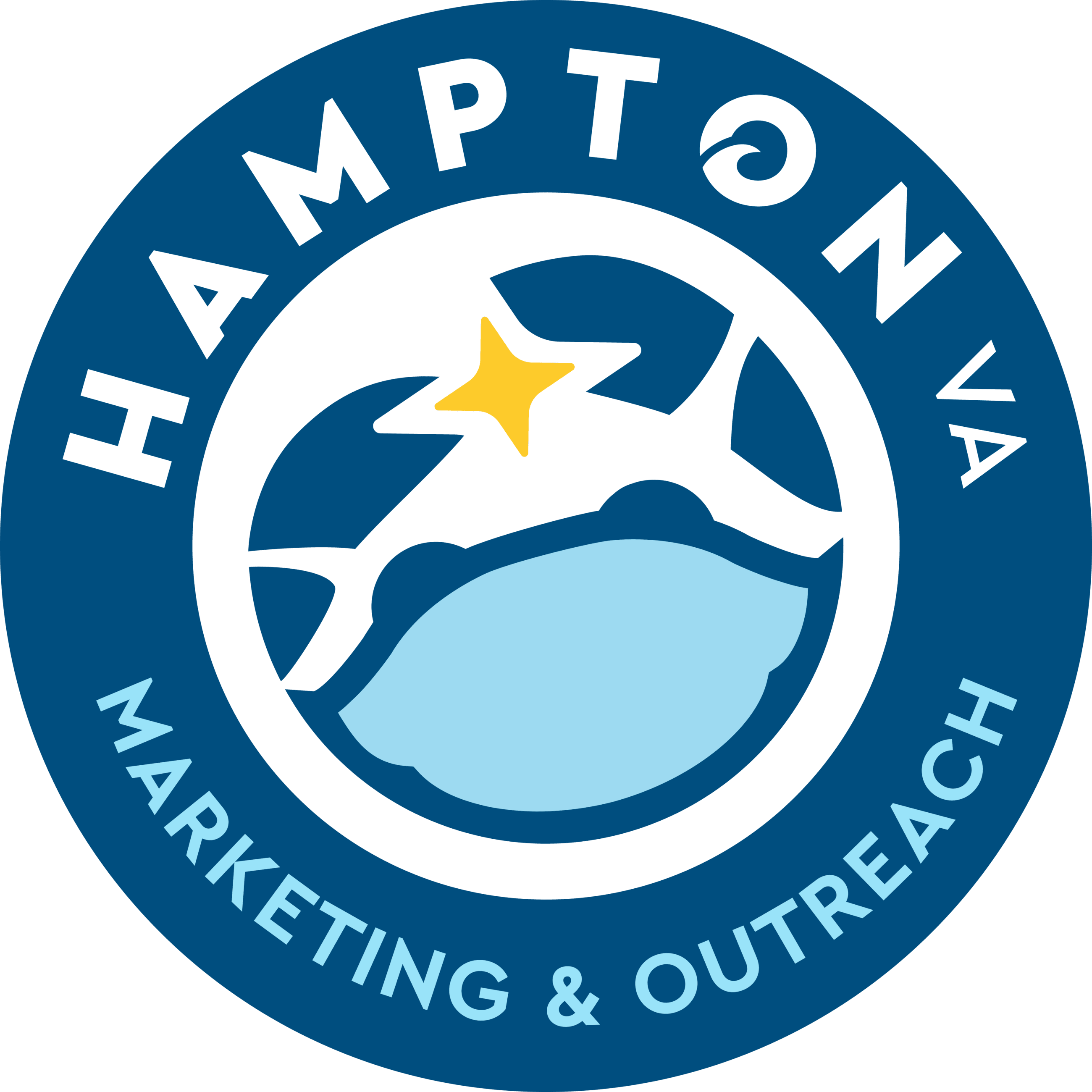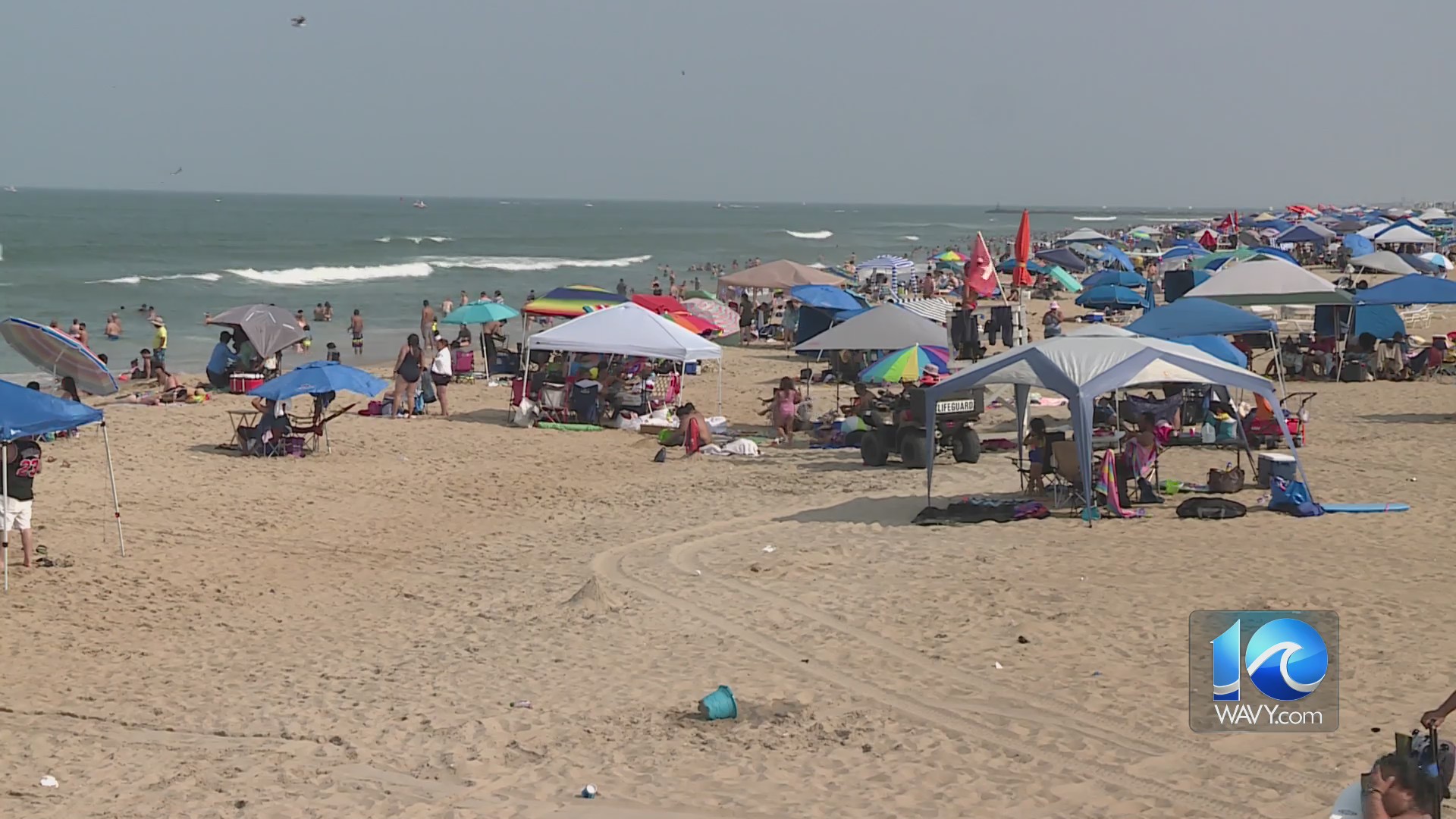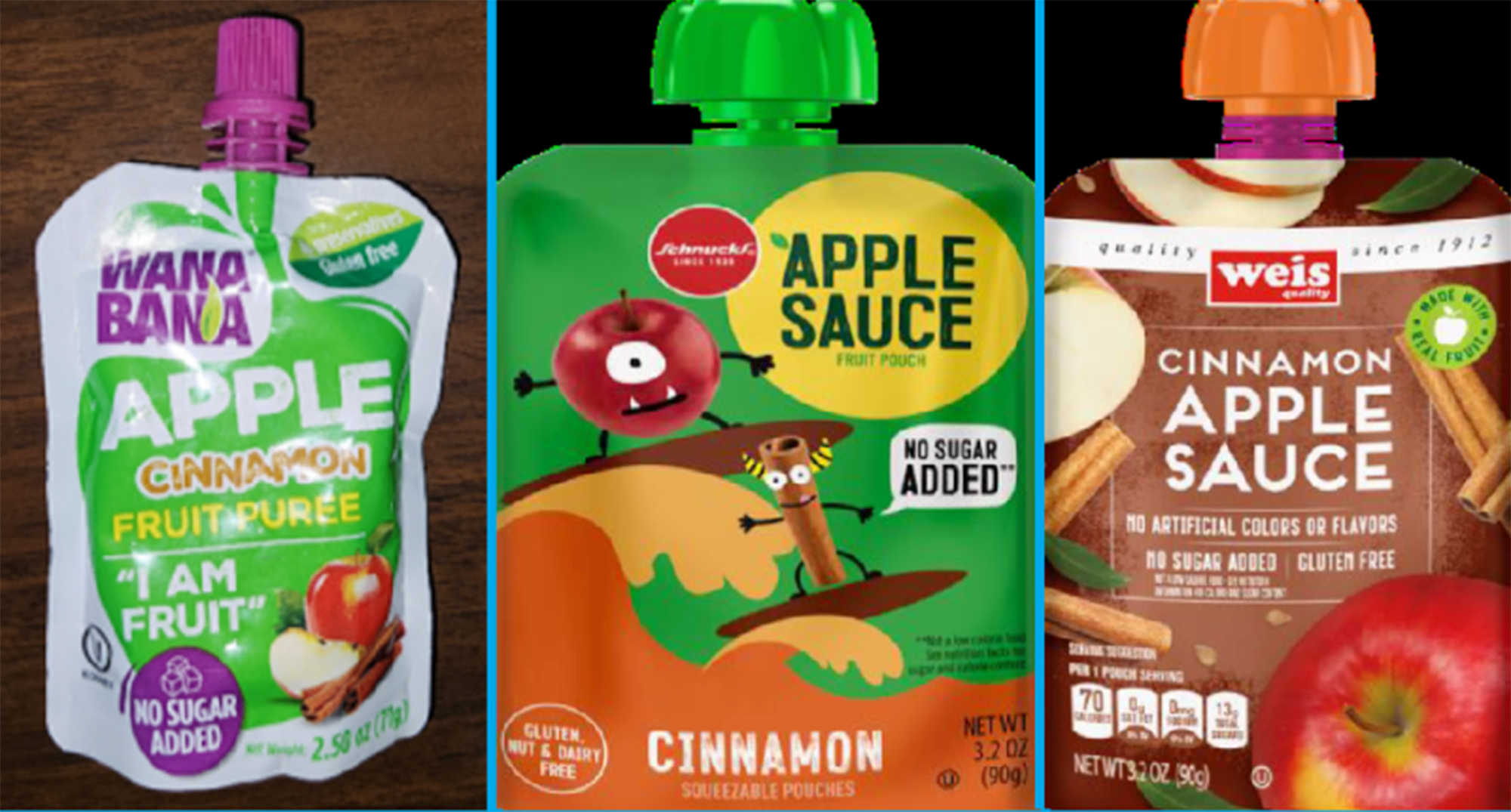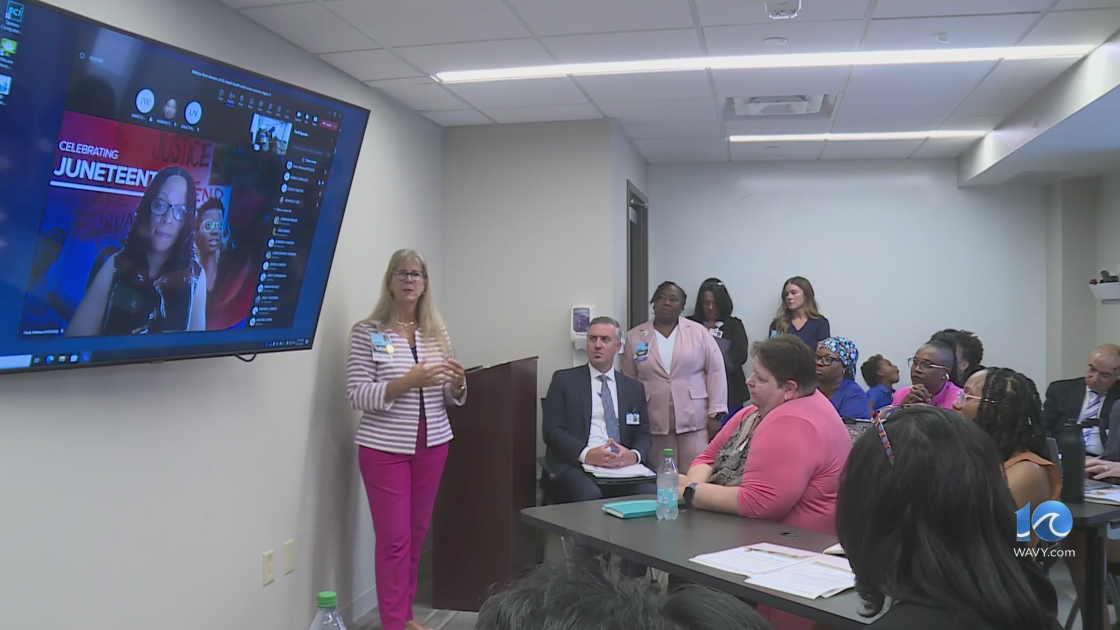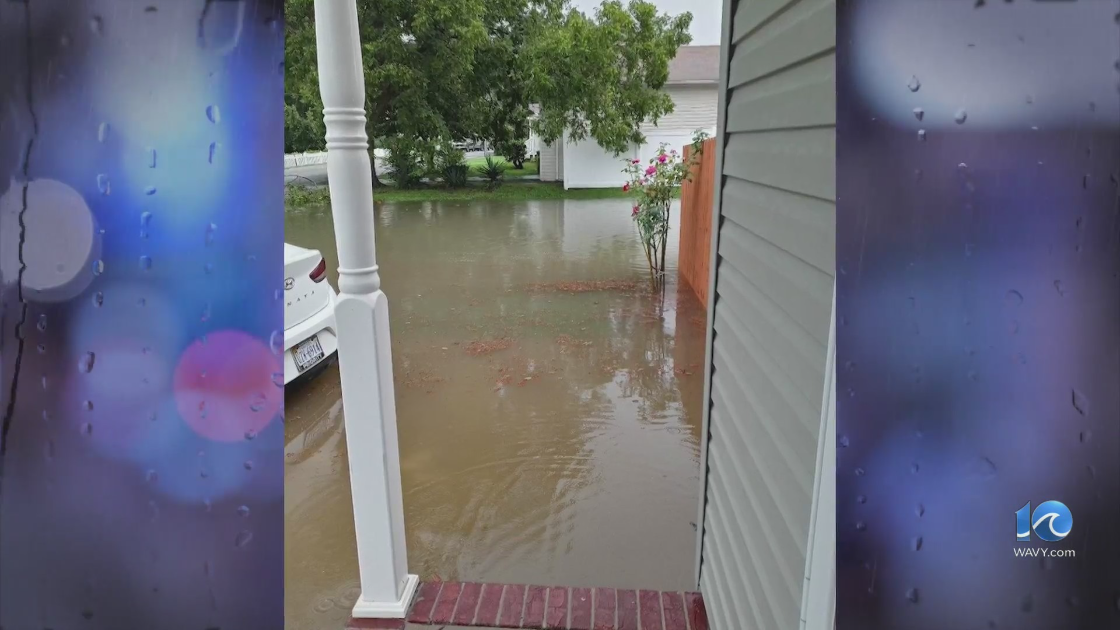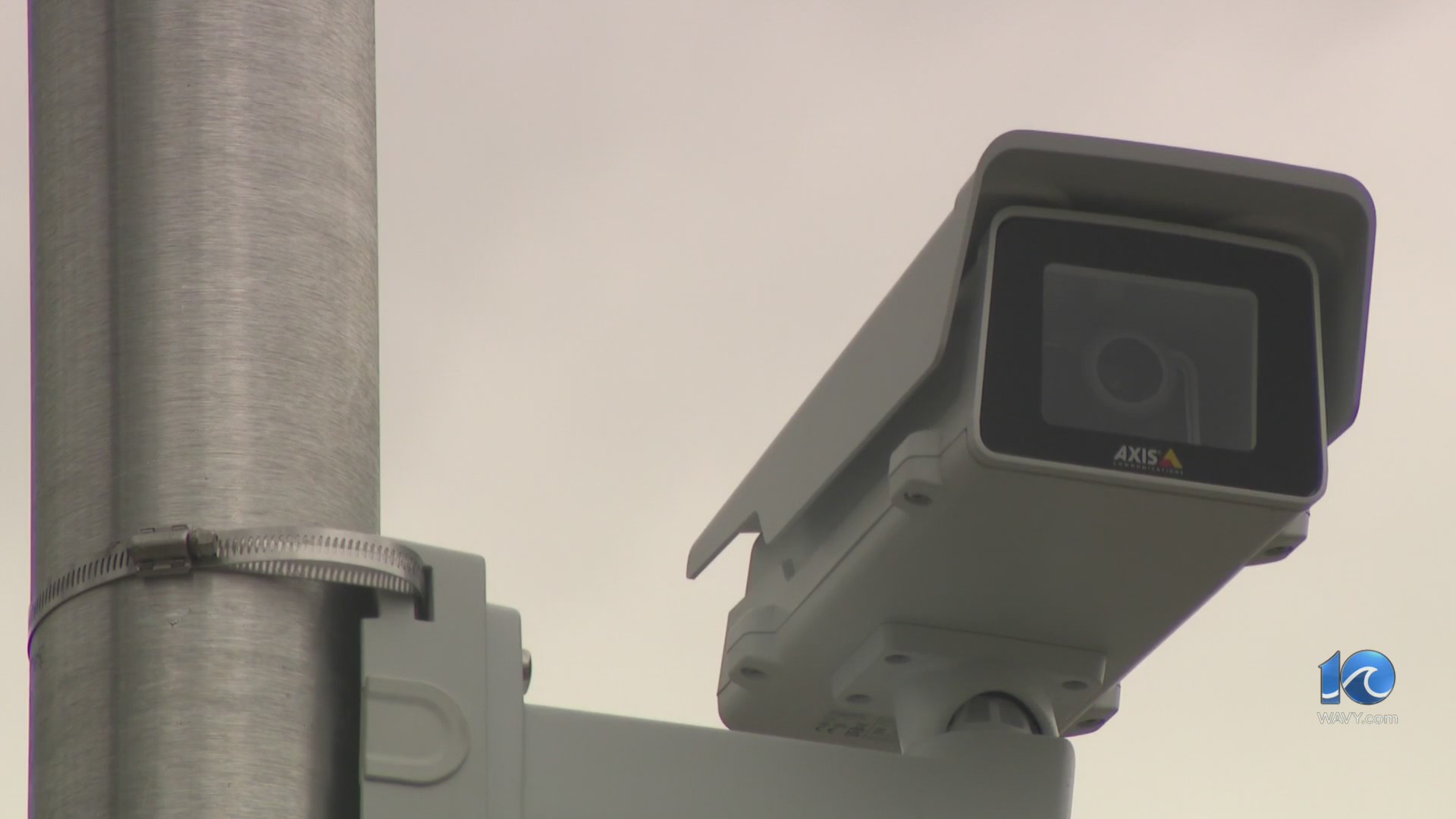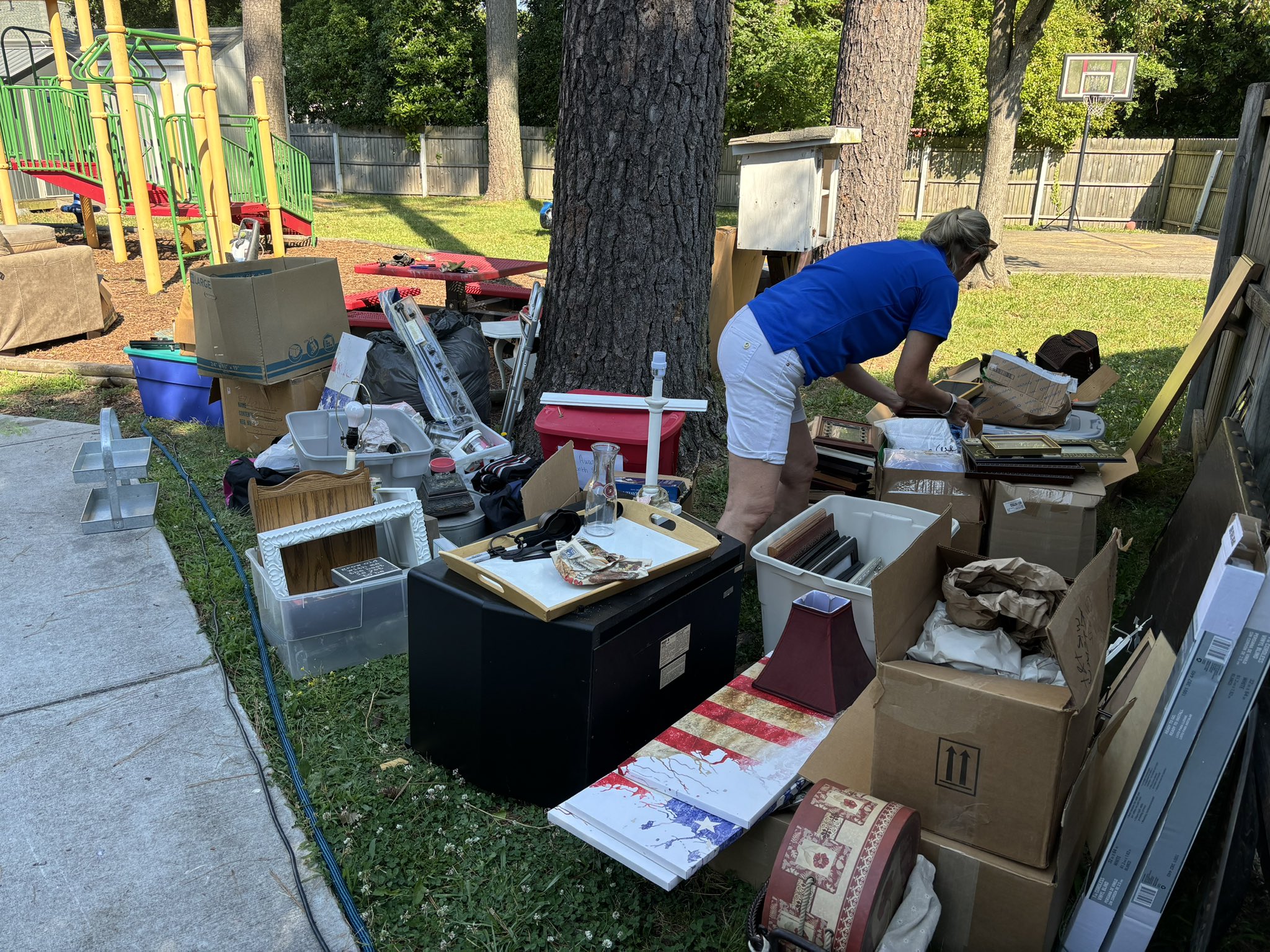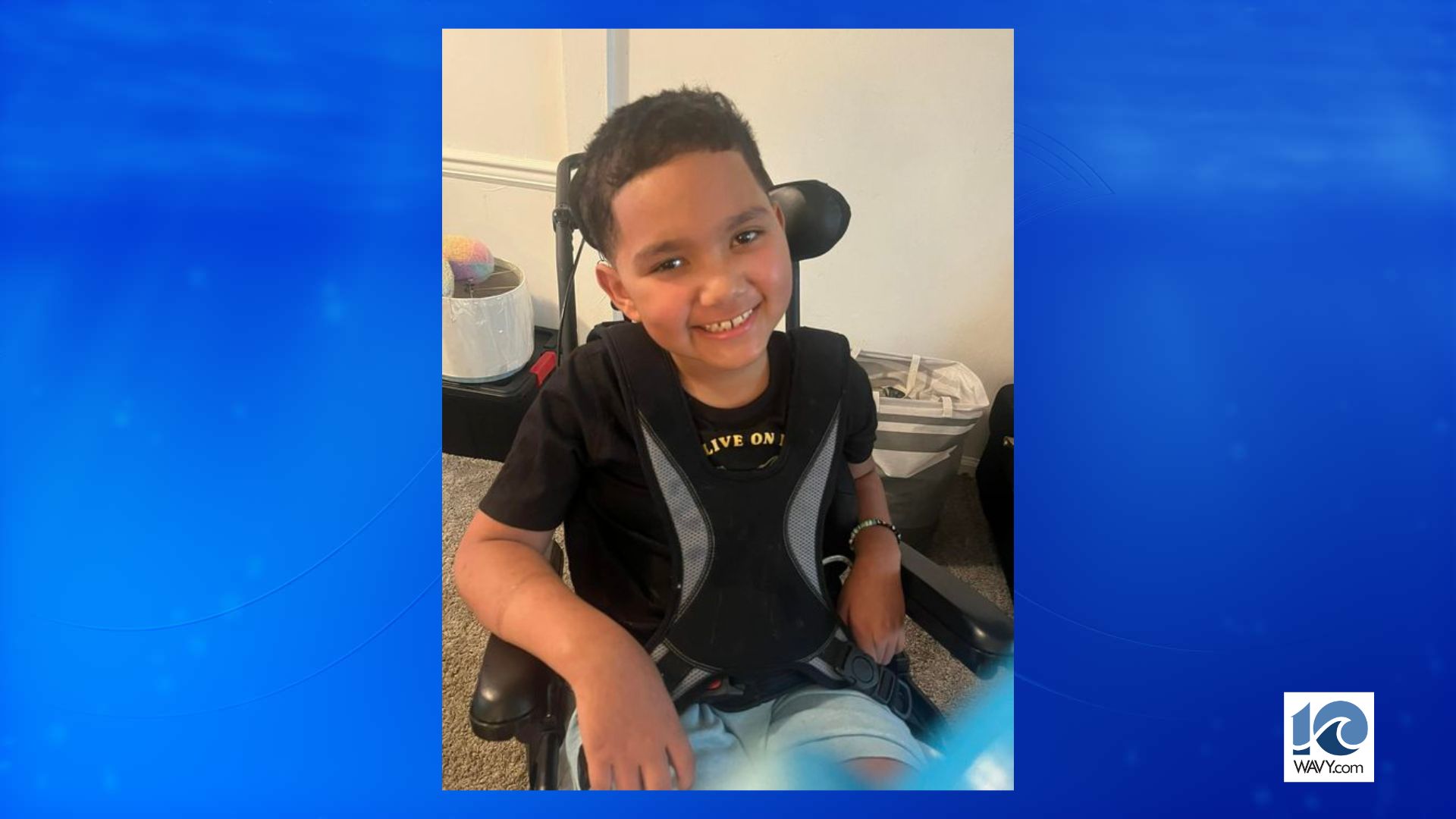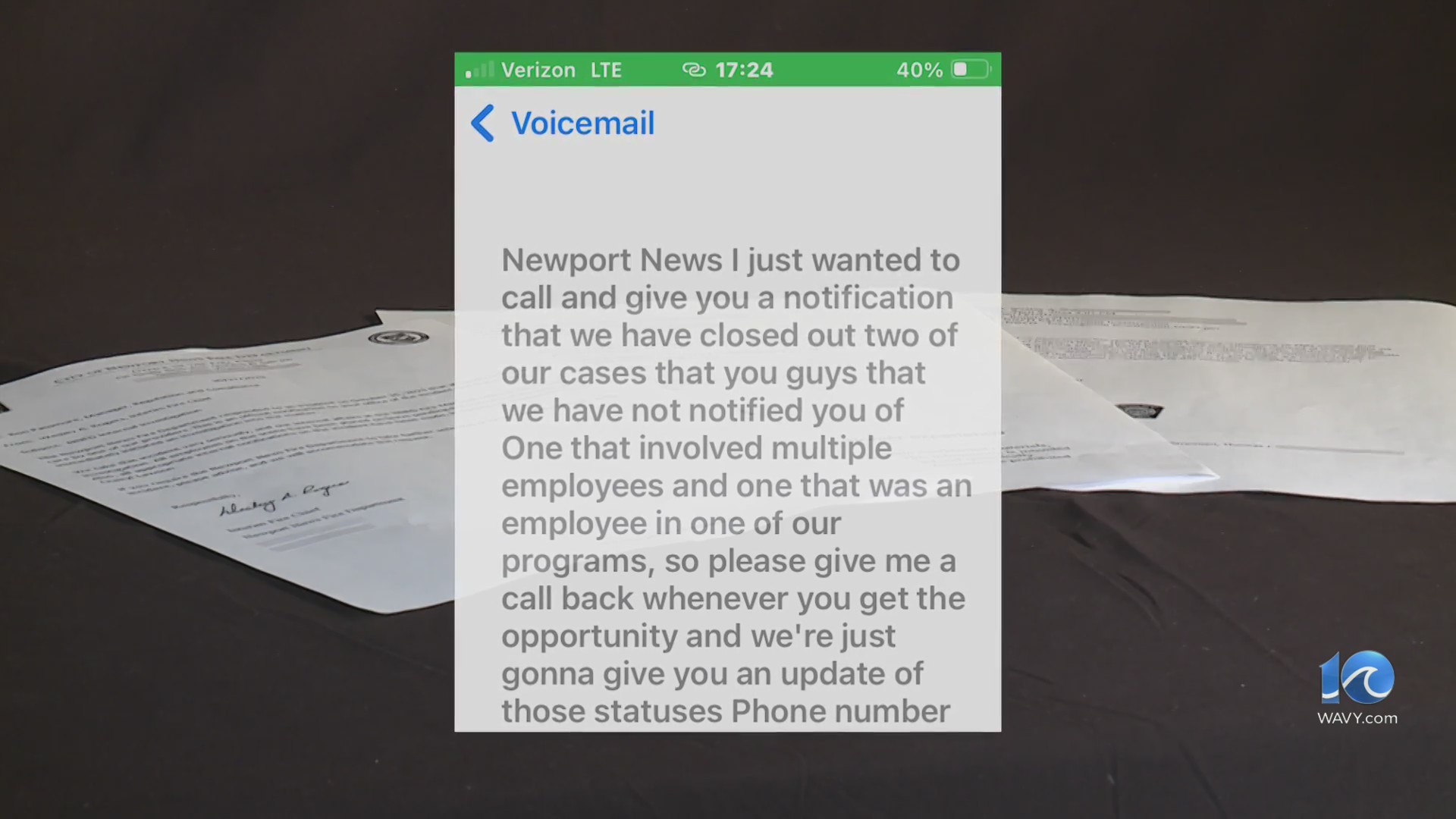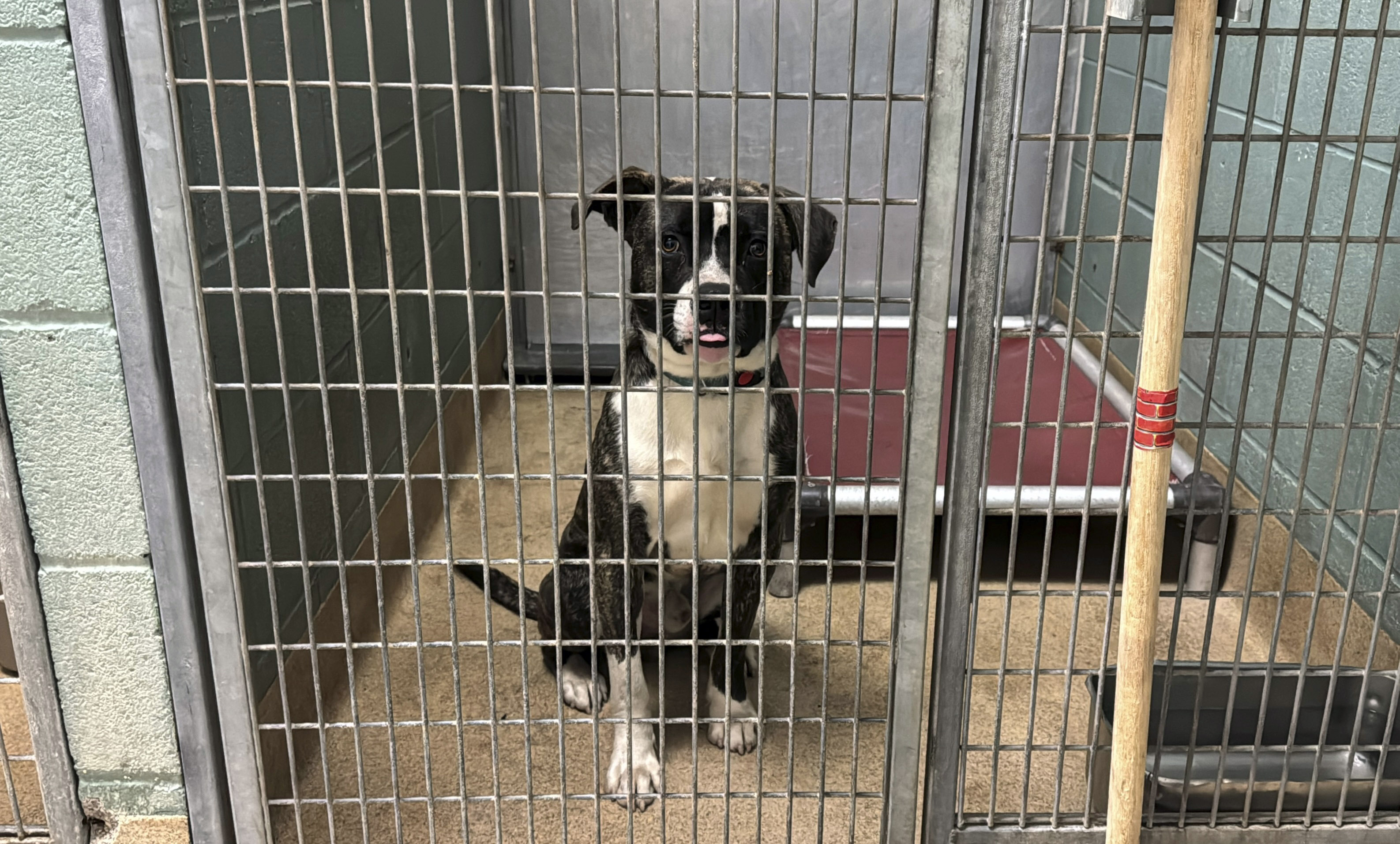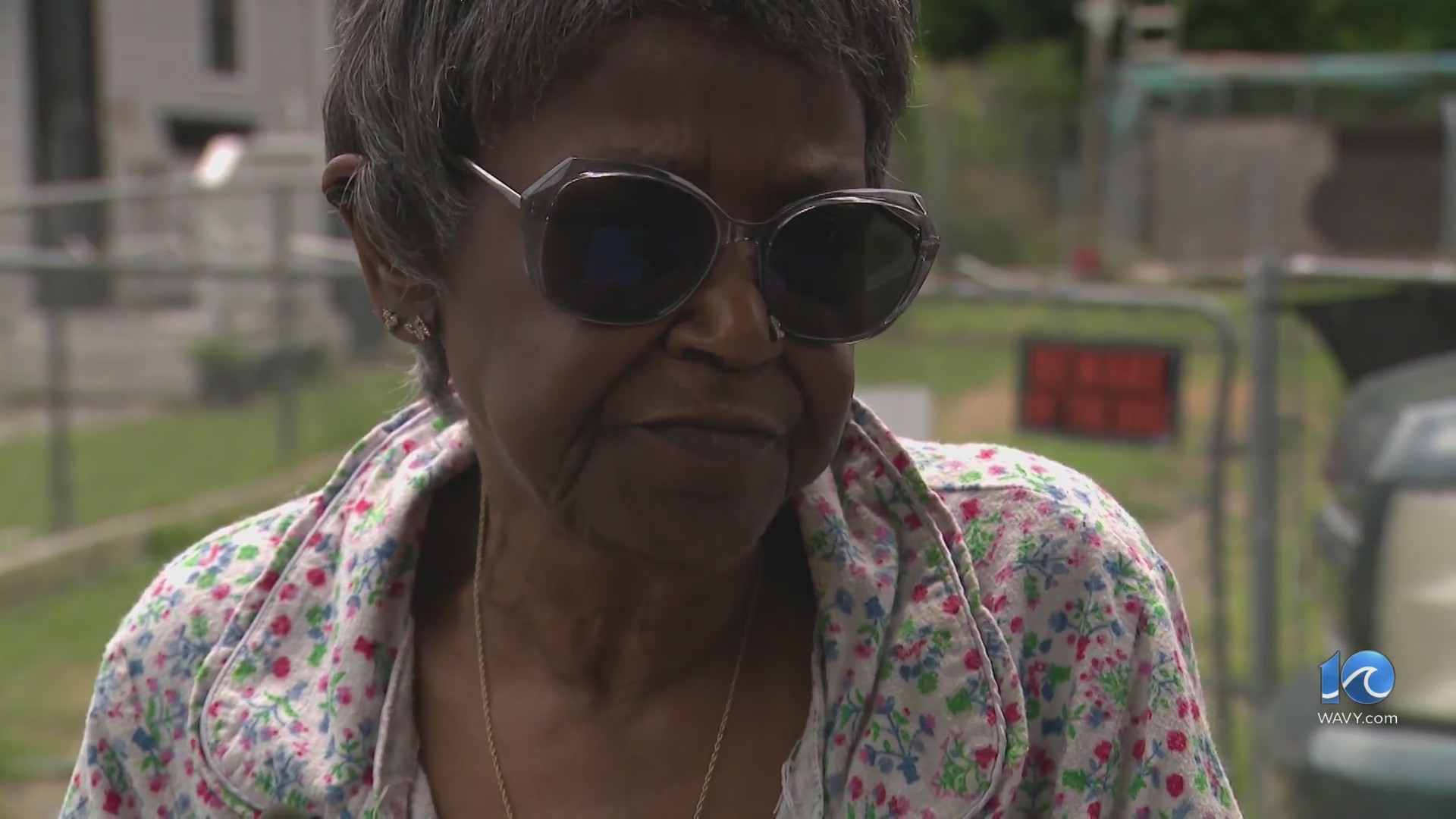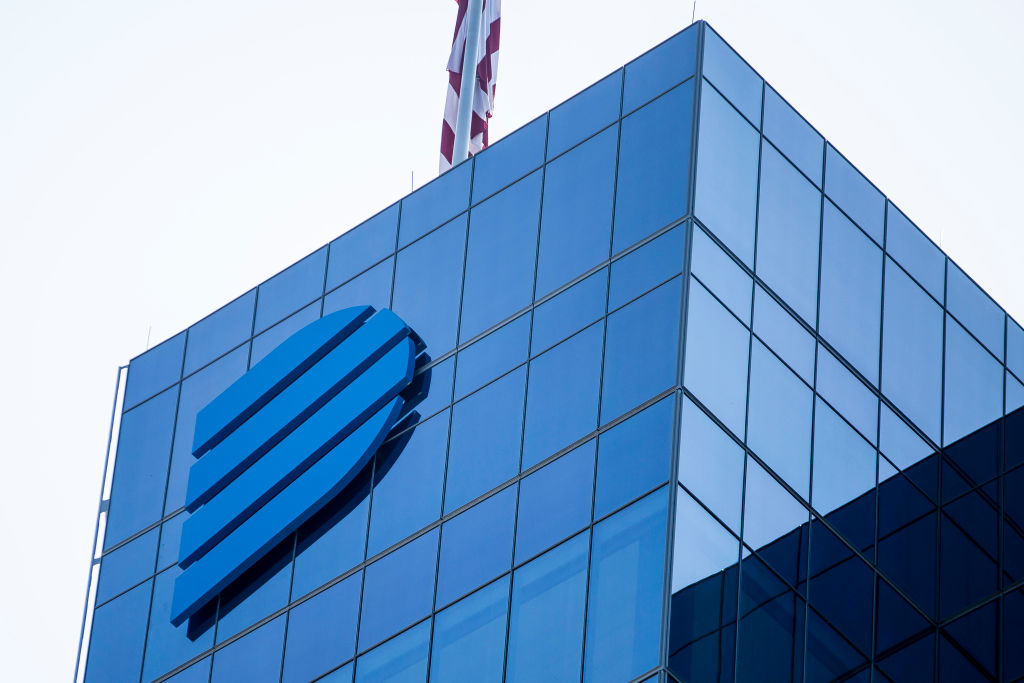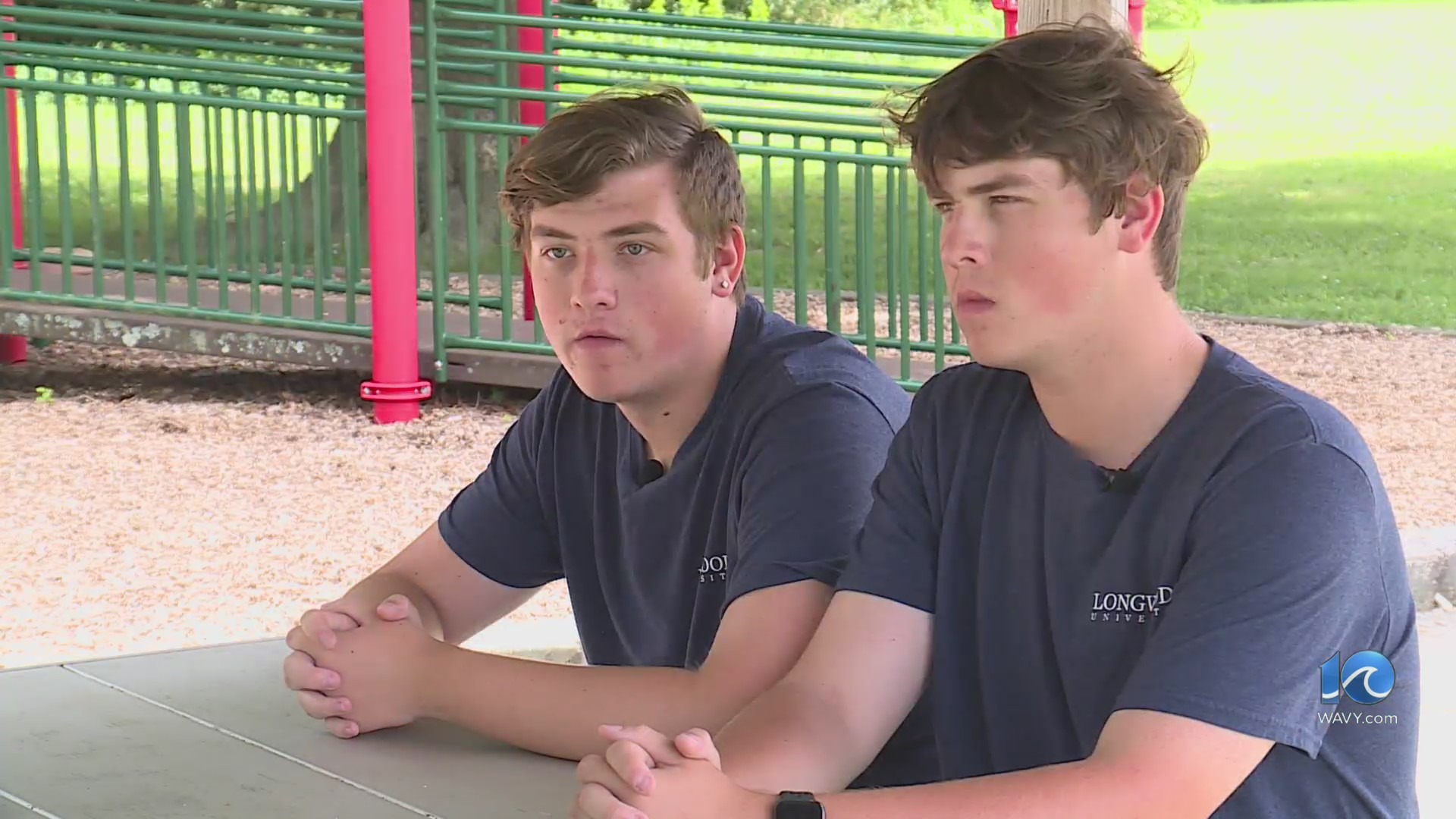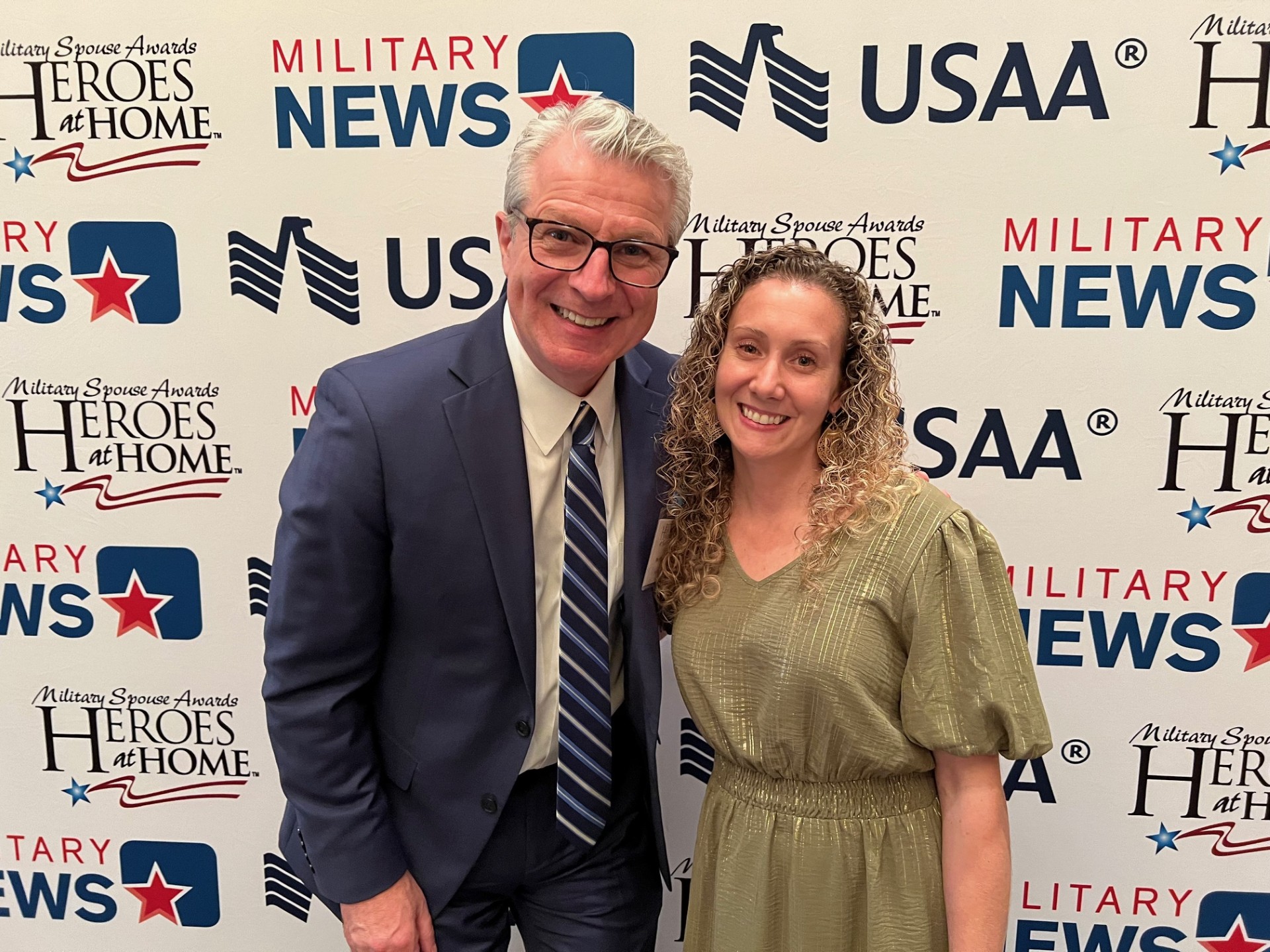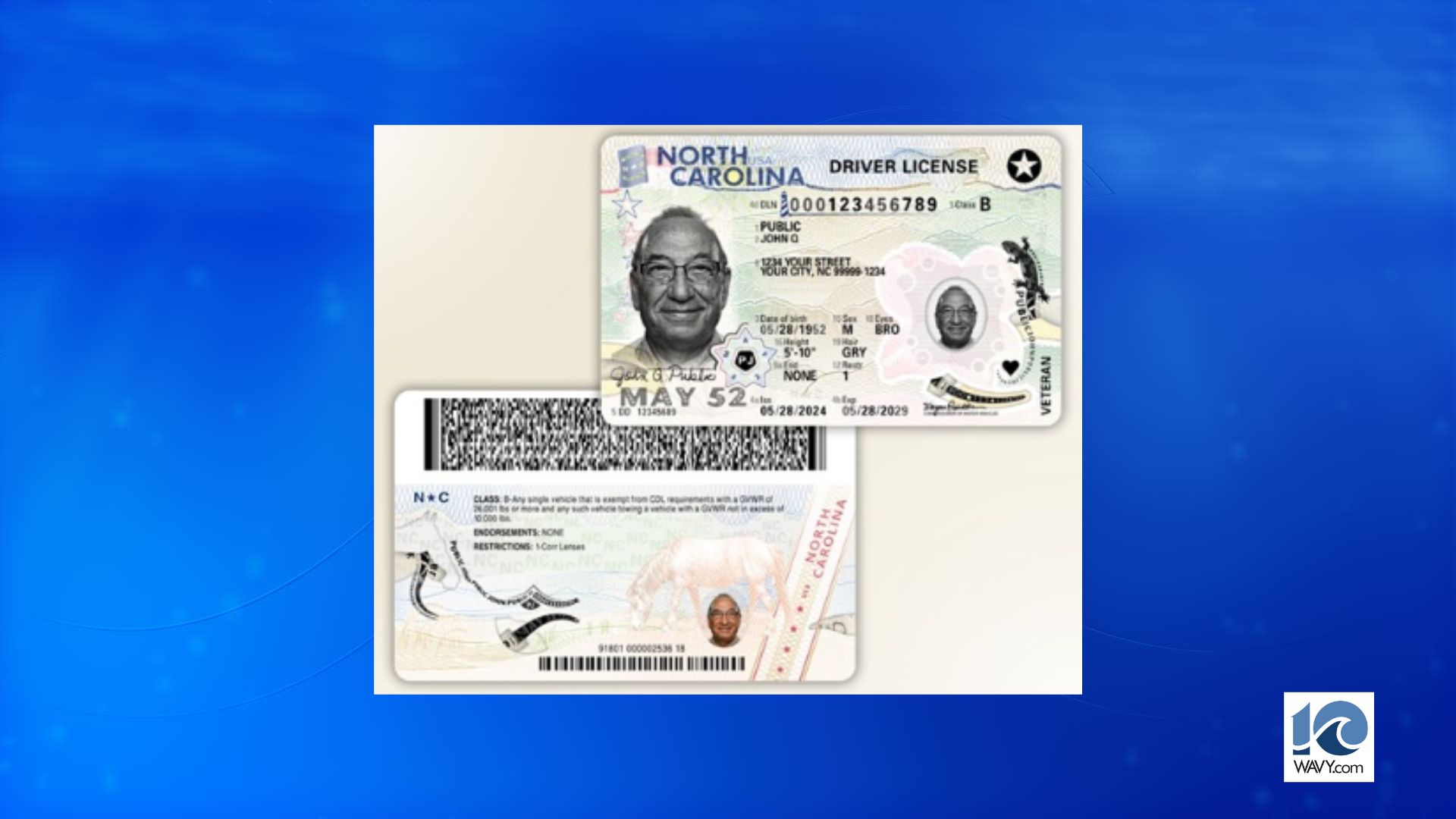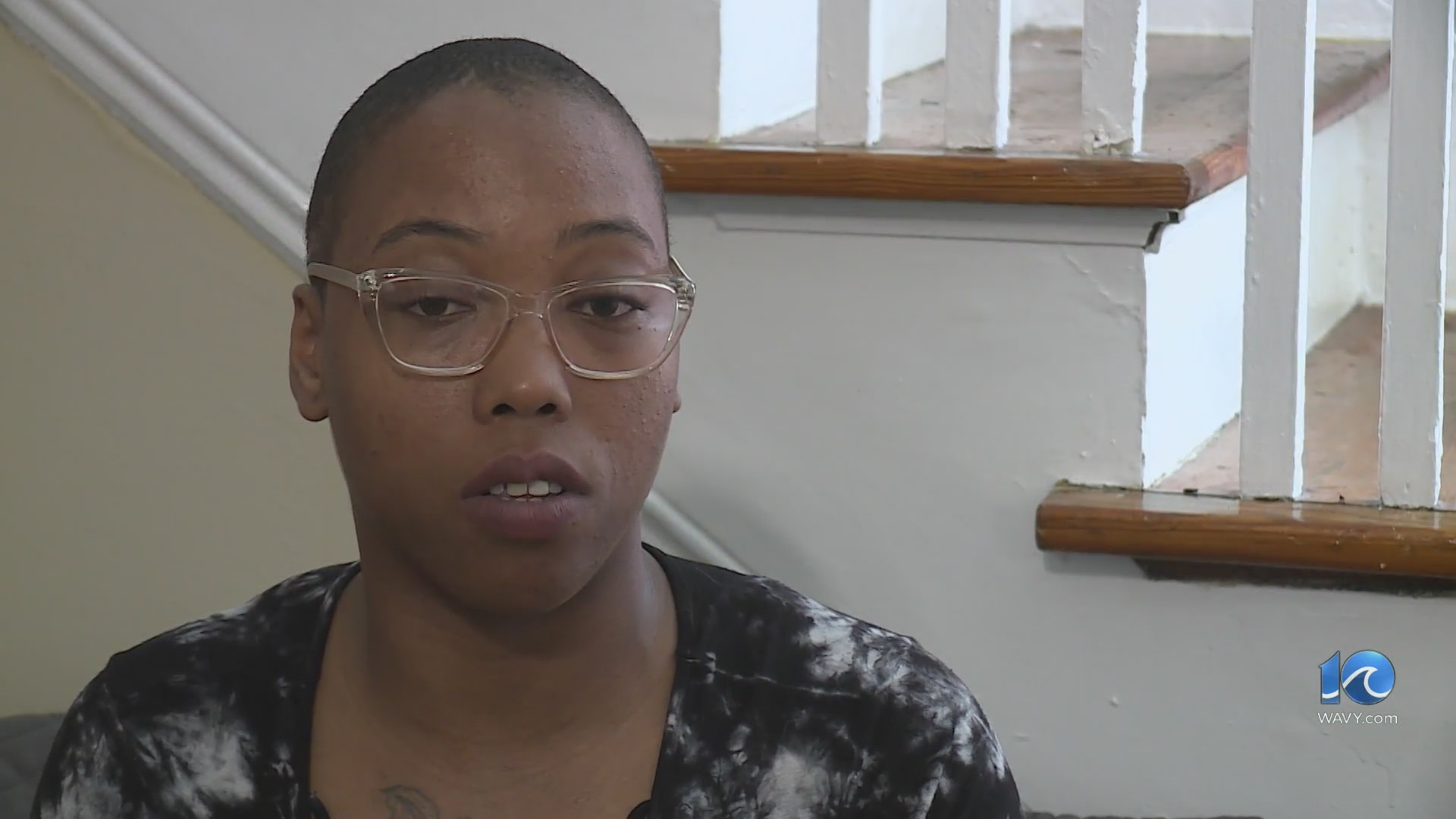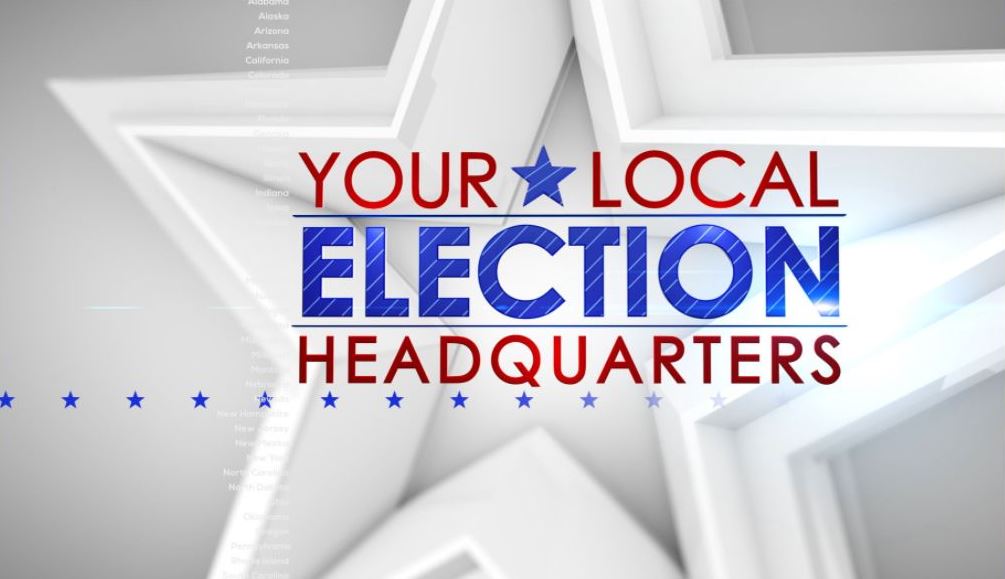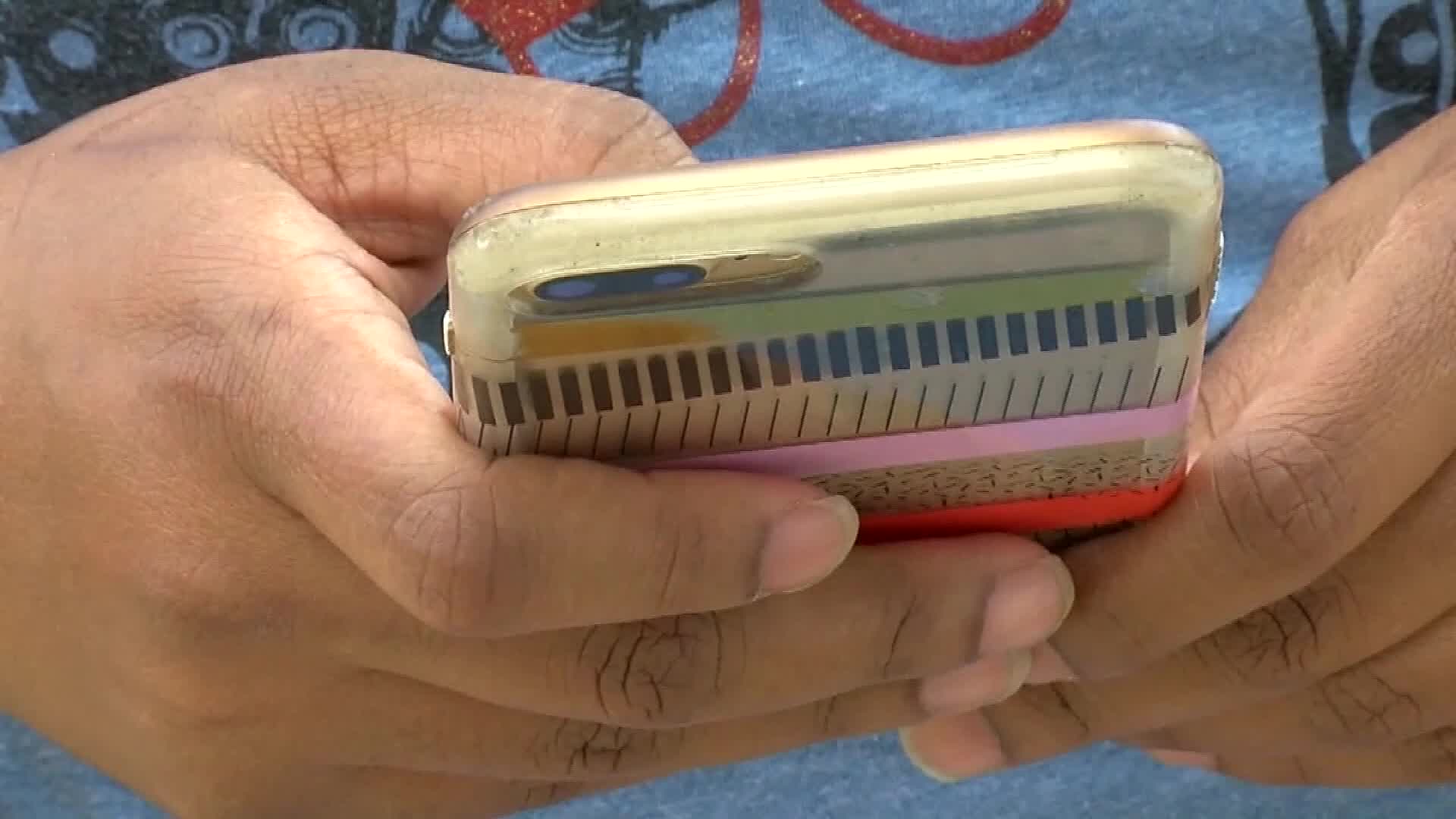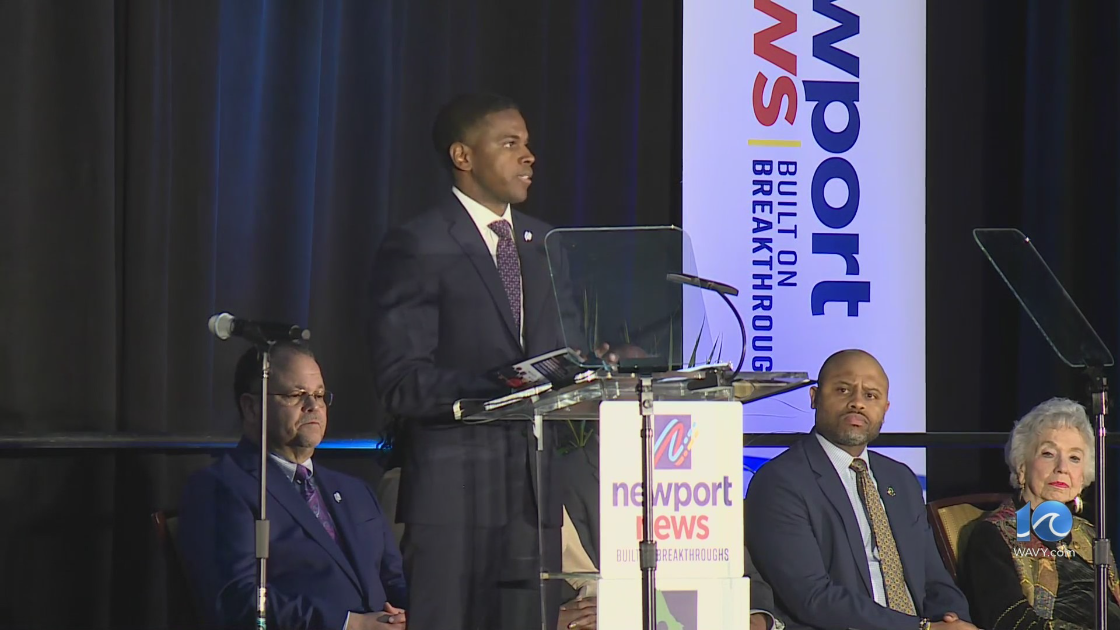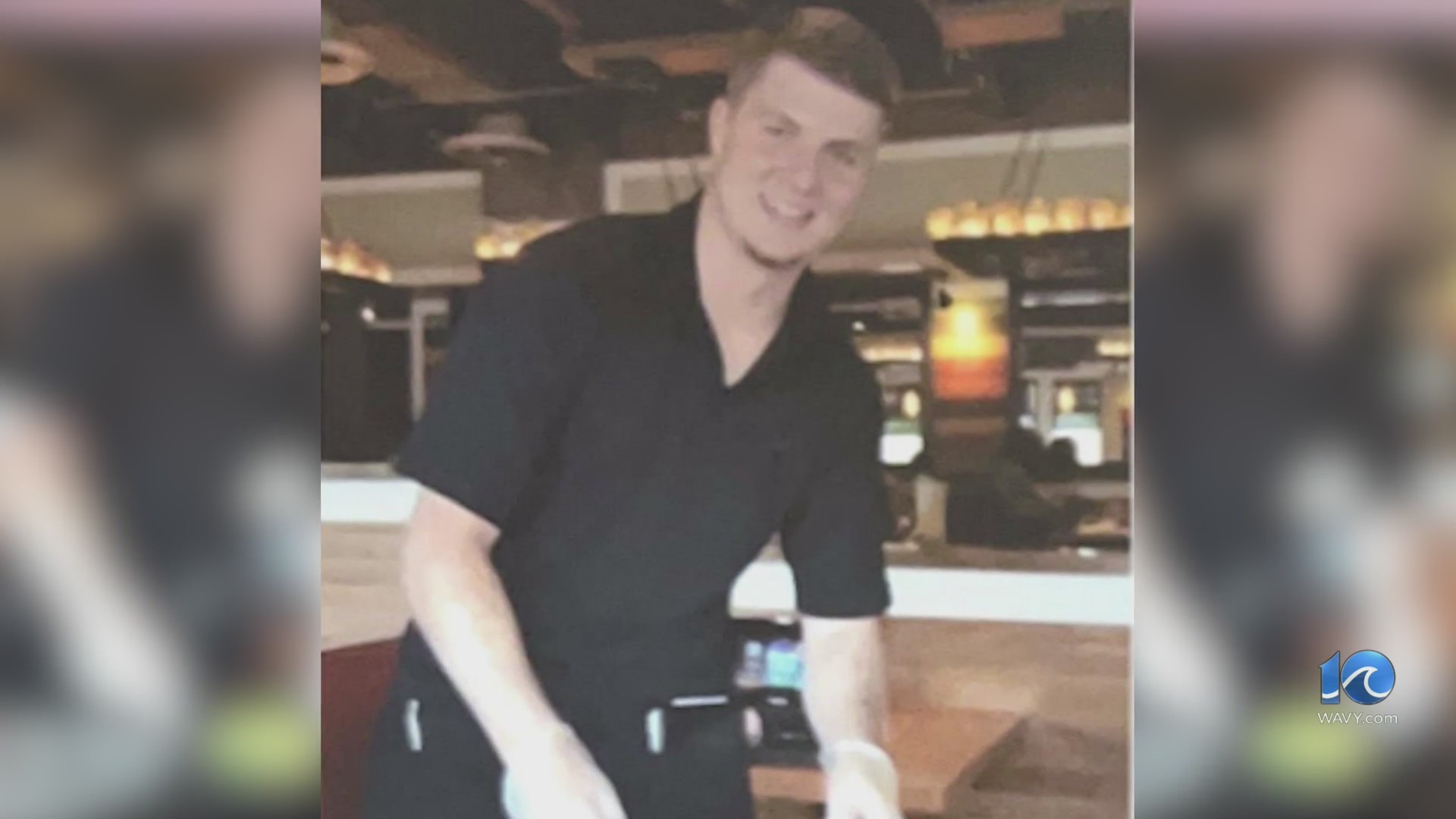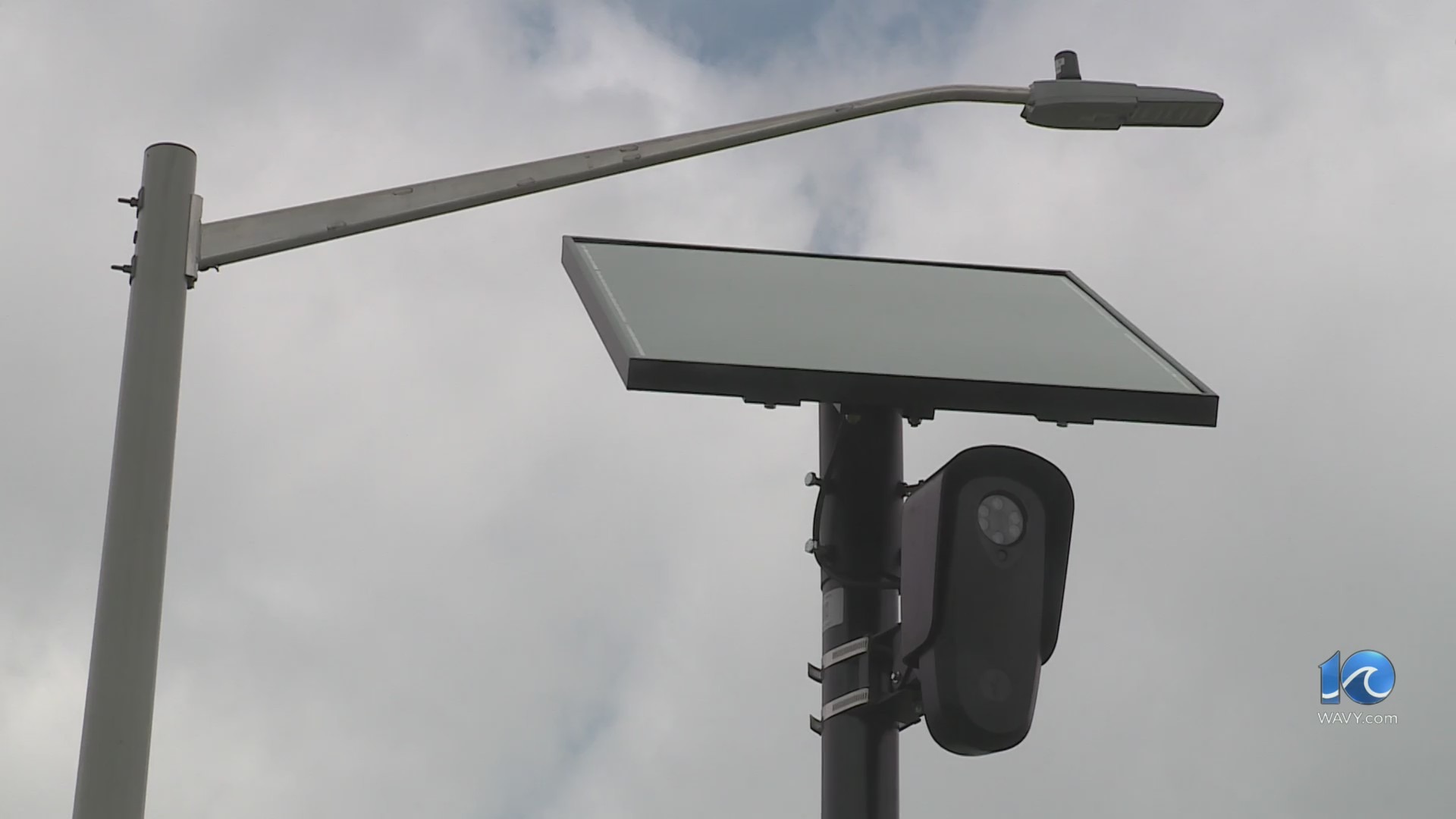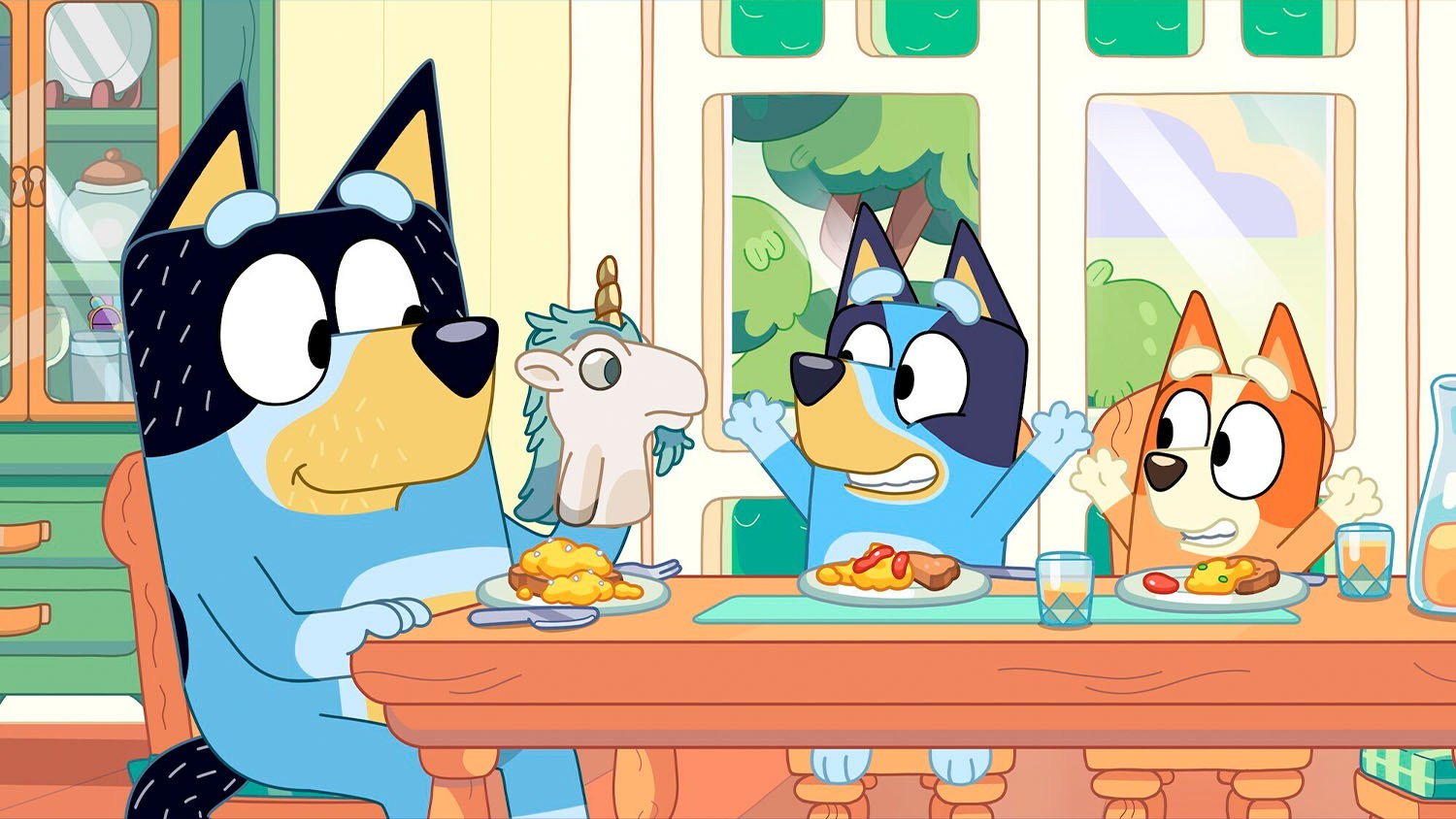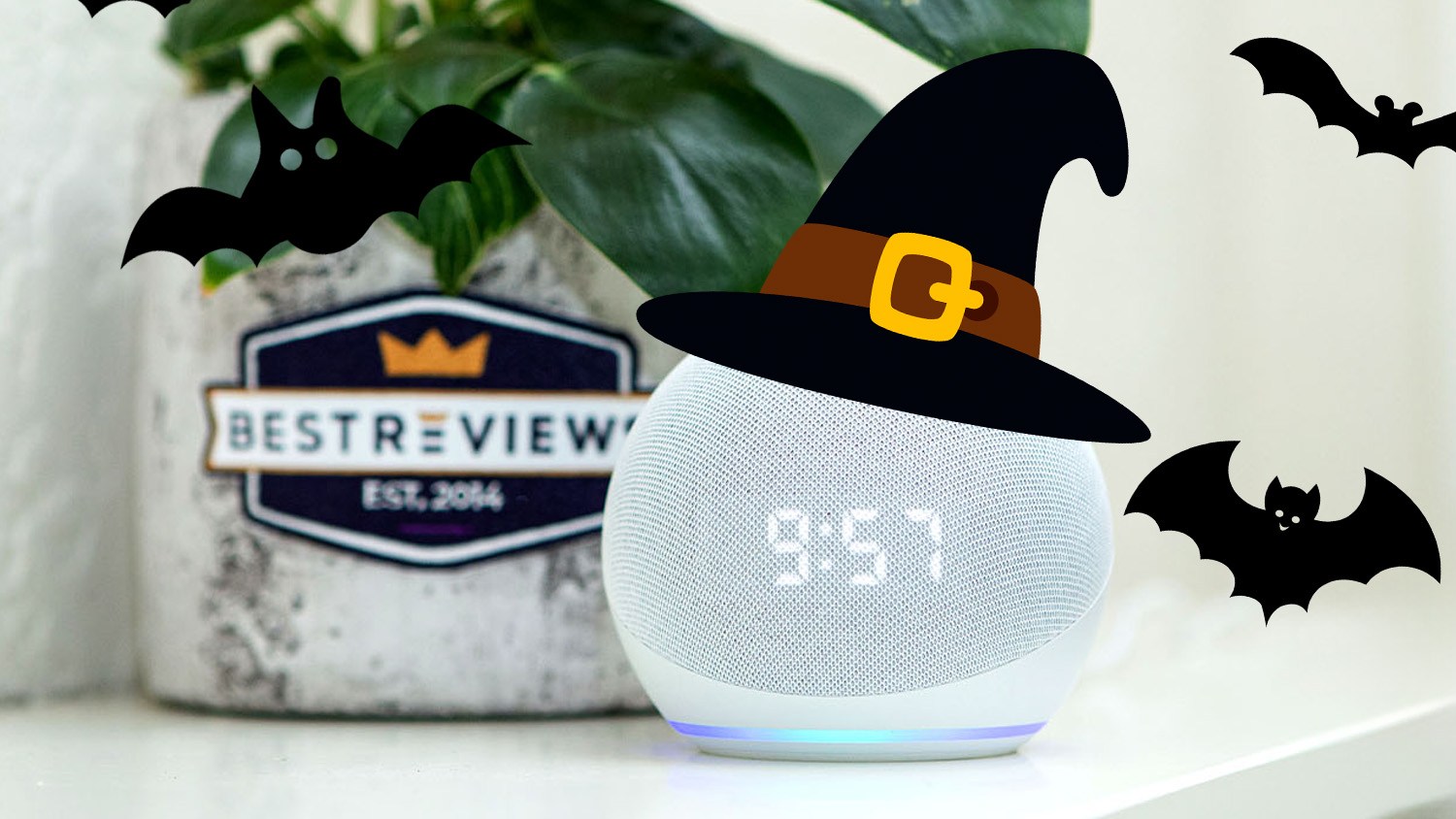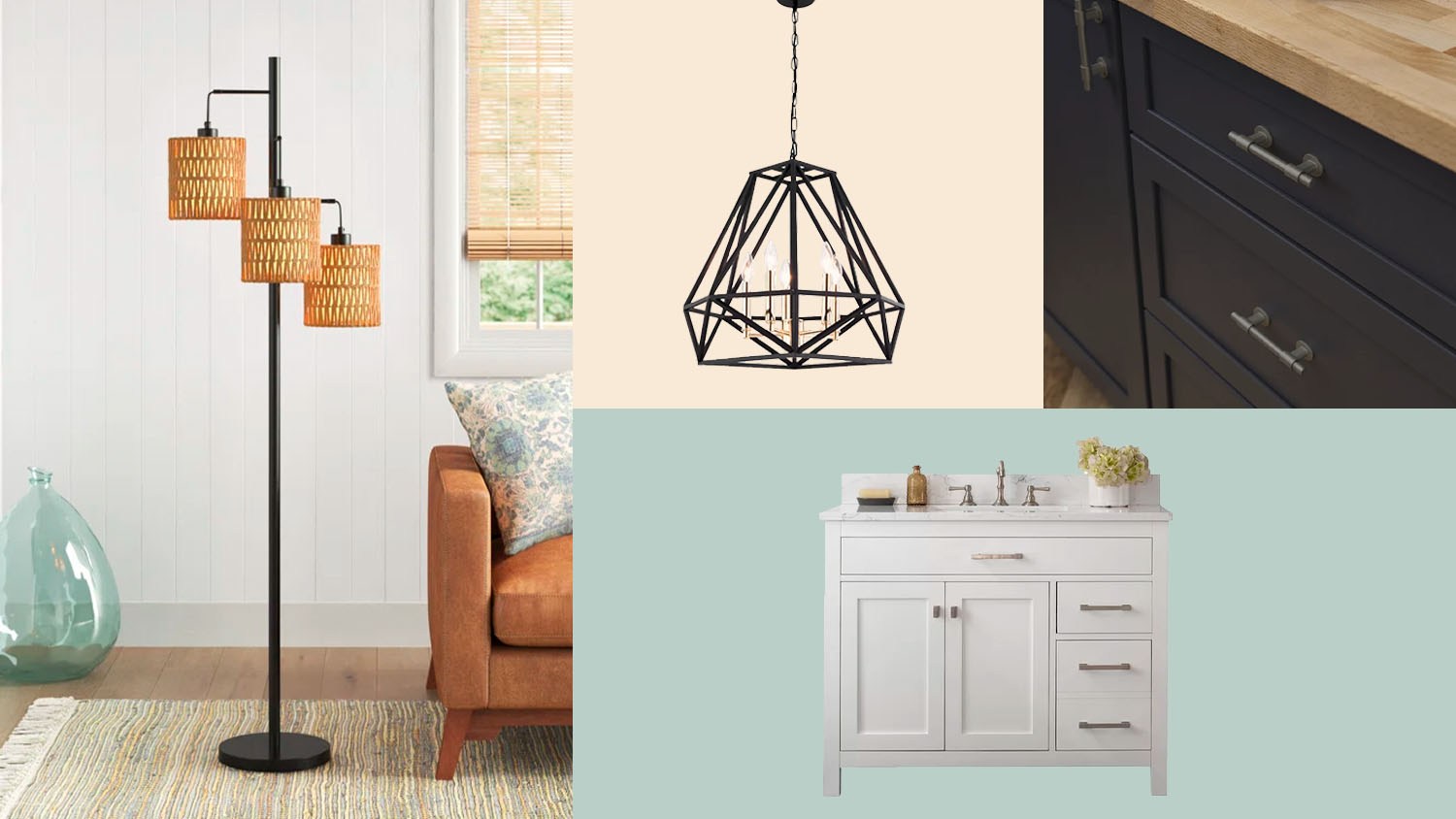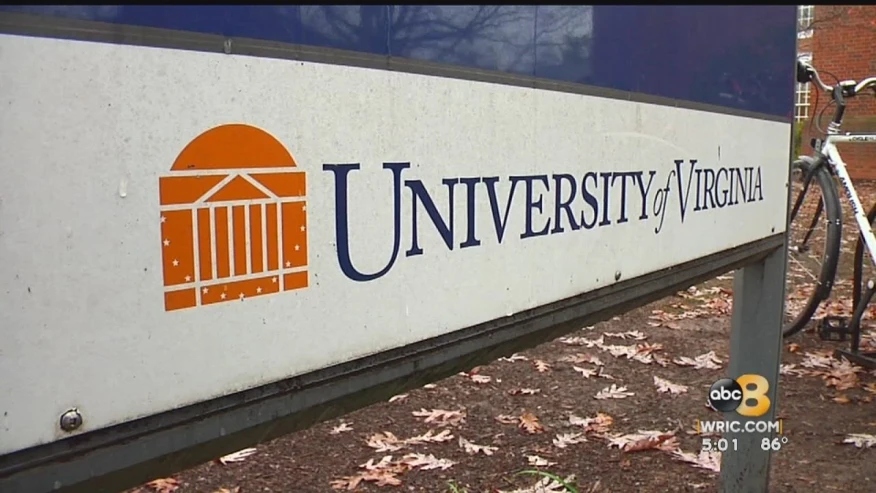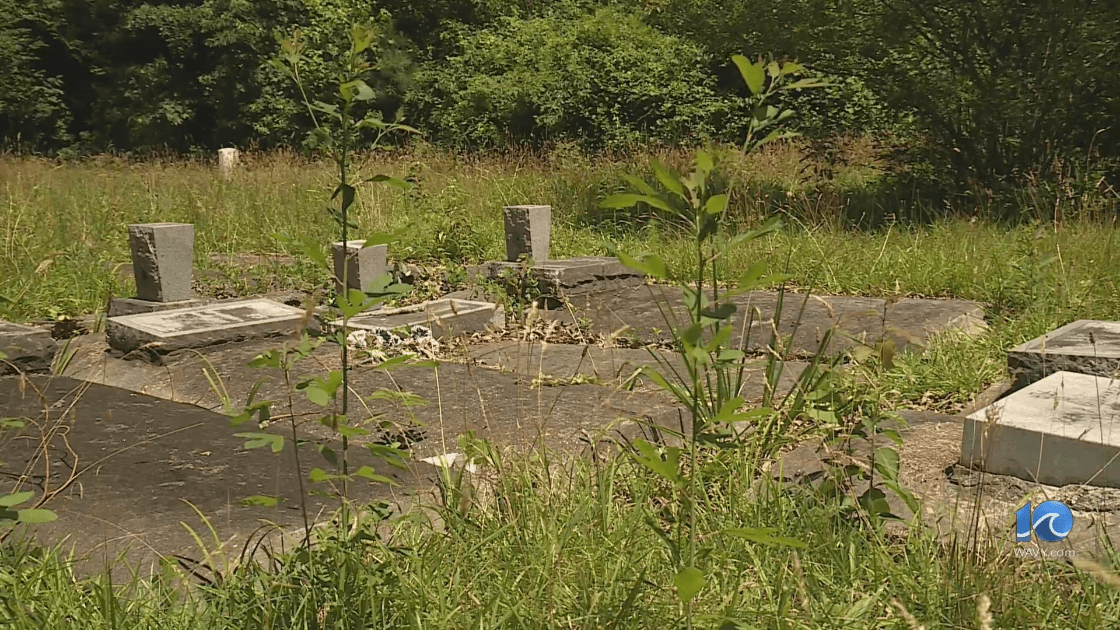NORFOLK, Va. (WAVY) — For one group of people, who already are marginalized because of their gender identity and sexuality, the coronavirus pandemic brought extra layers of complications to their lives.
The LGBTQ+ community has faced challenges like mental health, access to healthcare, housing, food insecurity and isolation.
Clinical Director of Mental Health Cory Gerwe at the LGBT Life Center says the problems presented by the pandemic highlighted the disparities in access to people in the community.
“There’s things about being LGBT that are already very challenging,” he said. “And that contribute to mental health and medical disparities, and when you add the pandemic into that, it’s multiplied. It’s even worse.”
For a social community that relies on each other for support, finding someone who understands your struggles, like coming out or transitioning, is important — especially during a global shutdown.
CEO of the LGBT Life Center Stacie Walls says LGBTQ+ specific providers understand those struggles, and don’t force a patient to hide who they are.
“Sometimes when you go into a non-specific LGBTQ provider, they have all that other stuff that just sits between them and the provider,” she said. “And so here, that doesn’t sit there.”
The LGBT Life Center says the pandemic presented challenges not only about how to continue providing care through their medical clinic with CAN Community Health, but also how to address new needs that surfaced because of isolation.
“The uniqueness of may, maybe not being out but being in your home and not having any kind of outlet we felt like that was a priority population to serve,” said Walls.
Throughout the pandemic, the center saw an almost 150% increase in mental health-related appointments.
In order to meet the need, they utilized telehealth appointments for the first time, which they say was popular for many patients.
“Not all spaces are safe,” said Gerwe. “Even, unfortunately, counseling spaces. So I think there’s something meaningful about going into the LGBT Life Center and knowing that you’re going to be accepted.”
The food pantry also doubled the amount of food they gave and a more structured senior services program developed as well during the pandemic.
The housing program, however, grew the most as millions of Americans faced job and housing insecurity.
Beth Brooker, who runs the center’s housing program, says the AIDS epidemic served as a blueprint during COVID-19, as housing discrimination continues for many in the community.
“We have higher rates of poverty, higher rates of homelessness, and higher rates of discrimination in housing,” she said. “So this program is very important to helping our community just be better.”
For James Jorgensen, he needed help filling out housing applications because his hand tremors prevent him from filling them out himself.
“It’s basically someone’s got your back even though they got their own duties and responsibilities and criteria to follow,” he said.
He gets help with housing and medical treatment through the center and says his appreciation for all the help he’s received goes beyond words.
“No matter what your gender, race, nationality, sexuality, there’s somebody here for you,” he said.
Whether it’s housing assistance or mental health counseling, staff say it’s important to have people who belong in the community and understand the trauma of those they’re looking to help.
If you’re a member of the LGBTQ+ community and need assistance, contact the LGBT Life Center.

















































